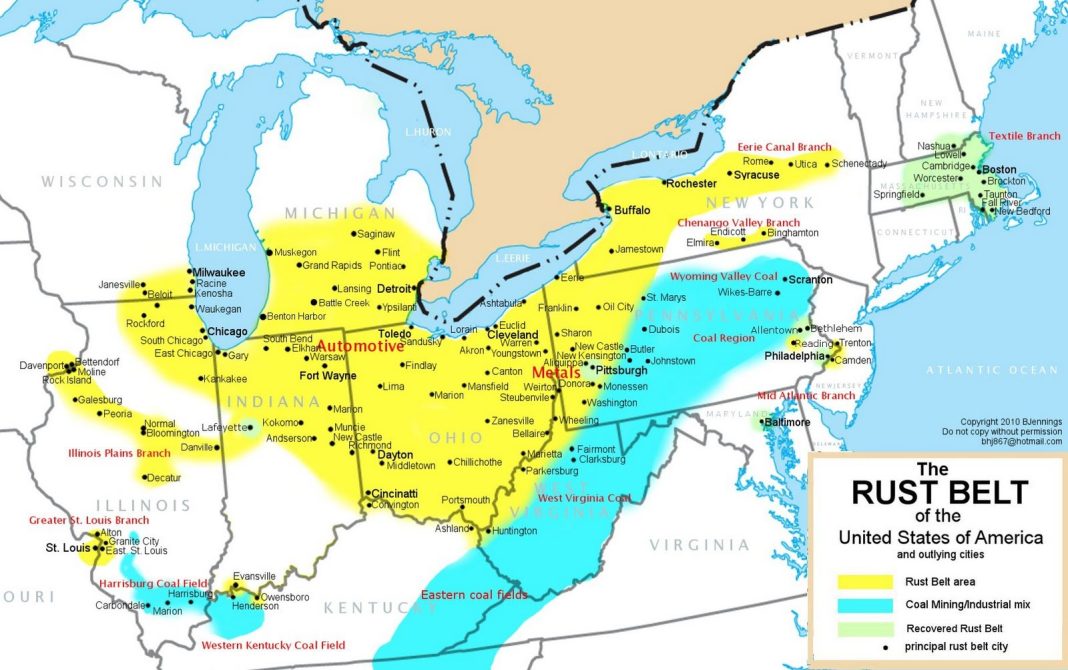 Title: China’s Banking Crisis: Testing the CCP’s Ability to Manage Economic Turmoil
Title: China’s Banking Crisis: Testing the CCP’s Ability to Manage Economic Turmoil
Introduction:
The ongoing banking crisis in China poses a significant challenge to the Chinese Communist Party (CCP) and its ability to handle economic instability and potential social unrest. The collapse of property developer China Evergrande earlier this year shifted the burden of bad debts onto China’s banking system, which was already grappling with defaults from the struggling real estate sector and consumer base. This article will delve into the roots of the crisis, the challenges faced by China’s banking industry, and the potential consequences for the country’s economy and social stability.
Seeds of Crisis: Consolidation Efforts and Bank Failures
Heading into this year, policymakers in China launched a massive consolidation effort aimed at merging small lenders. The consolidation involved hundreds of small, mostly rural banks, creating larger financial institutions. However, this process has not been without its challenges. By the end of June, 40 Chinese banks had disappeared, absorbed into larger financial institutions. Most of these banks were located in northeastern Liaoning Province and were absorbed into the newly created Liaoning Rural Commercial Bank. Another regional bank, Jiangxi Bank of China, also collapsed on July 9.
State-Owned Banks and Moral Hazard
Unlike the banking sector in the United States, Chinese banks are mostly state-owned. The CCP holds majority ownership of the five largest commercial banks, while regional banks are owned by provinces or local government affiliates. This ownership structure creates a moral hazard, where banks and borrowers take excessive risks under the assumption that Beijing will bail them out. In the past, specialized government “bad banks” or asset management companies (AMCs) have purchased bad loans from bank balance sheets. However, this cycle of bailout, consolidation, and government takeover of the banking sector may accelerate due to consumer confidence sagging and depositors transferring assets to larger institutions.
Broader Economic Issues: Centralization of Debt Issuances
The CCP has been buying time by shifting bad loans away from banks, recognizing losses gradually, and relying on growth, profits, and earnings to outweigh these losses in the long term. However, this closed ecosystem approach becomes increasingly challenging when economic problems are widespread. Chinese provinces, highly indebted and unable to bail out regional banks, used special-purpose bonds to prop up these institutions. To centralize debt issuances at the national level, Beijing plans to issue 1 trillion yuan in long-term special bonds. Additionally, the shadow banking sector, comprising private quasi-banking institutions, has added to China’s debt burden. These institutions have lent extensively to property developers and are capitalized through high-yielding products offered directly to consumers.
The Struggle for Economic Growth and Potential Consequences
China is facing cyclical and structural economic problems, consumer confidence issues, and highly indebted governments. Economic growth has slowed down, leading to deflationary pressures that particularly impact lower-income households. Morgan Stanley’s economists have stated that prolonged deflationary pressures can have adverse implications for income growth, especially for the bottom 20 percent of households. If China’s financial bailout system fails, it could destabilize the entire financial industry and result in social instability. Consumers and investors may seek refuge in hard assets or foreign assets, causing economic disruption, increased financial inequality, and higher unemployment rates. This could mark the end of the de facto economic pact between Chinese citizens and the CCP.
Conclusion:
China’s banking crisis poses a significant test for the CCP’s ability to manage economic turmoil and maintain social stability. The collapse of China Evergrande and ongoing challenges in the real estate sector have placed immense pressure on China’s banking system. The consolidation efforts and bank failures indicate the need for more effective solutions to address the root causes of the crisis. As China grapples with broader economic issues and struggles to sustain growth, the consequences of a failing financial bailout system could have far-reaching implications for the country’s economy and social fabric.

